Not only do Bards have partial access to every spell in the game, but they are also a Jack of All Trades, proficient in a plethora of different skills. And best of all, they can even inspire their party, adding an extra dice to ability, attack and saving throw rolls. So now that you love the class, which Bard College Subclass is right for you?
Here you’ll find a quick summary of the Colleges to help give you some insight into what makes each of them unique. As with all the classes, each style of play is entirely up to the player, these are just our interpretations here at Mym’s Well. If you have different opinions on the Colleges, leave a comment and let us know!
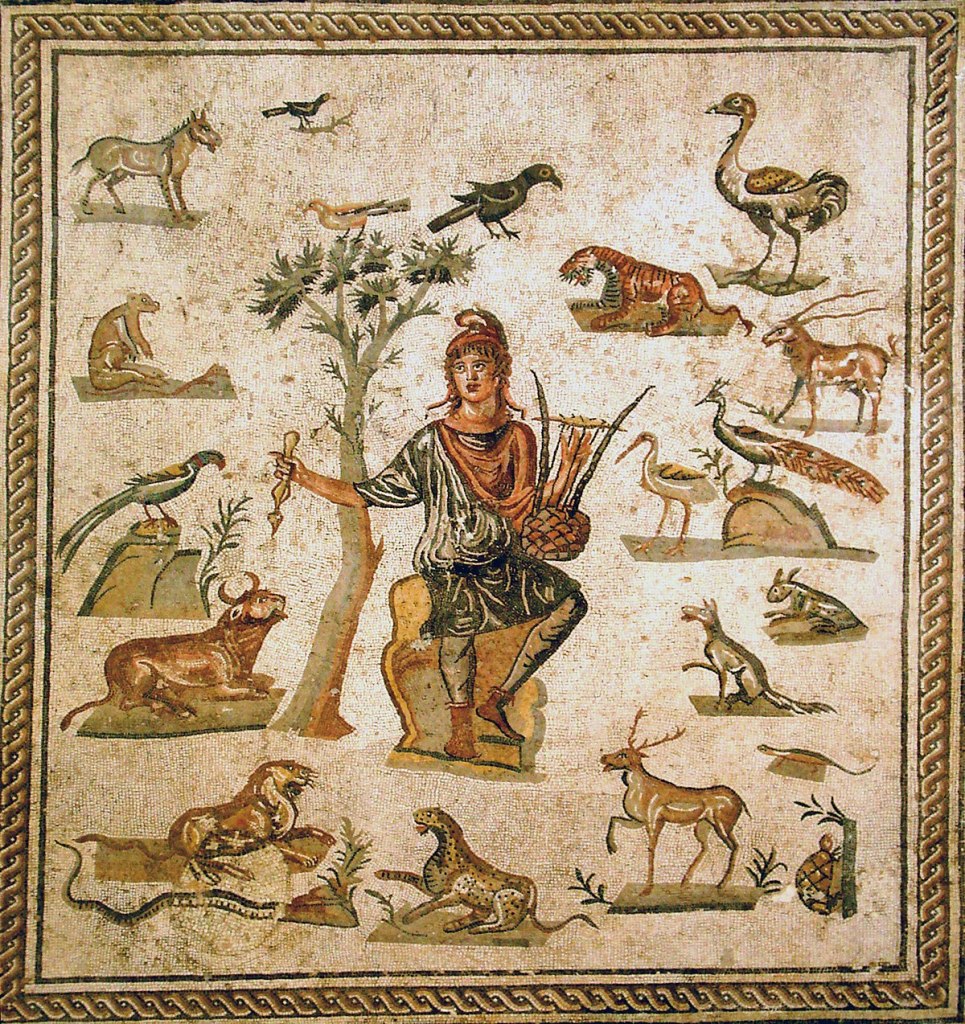
College of Glamour (XGtE)
Theme: An enthralling idol whose majesty invigorates their allies and charms their enemies into submission.
Game Mechanic: Charming tactics help you command your enemies and rally your allies to you with boosted health.
Play-Style: You’d rather charm your way into getting what you want than fighting directly for it.
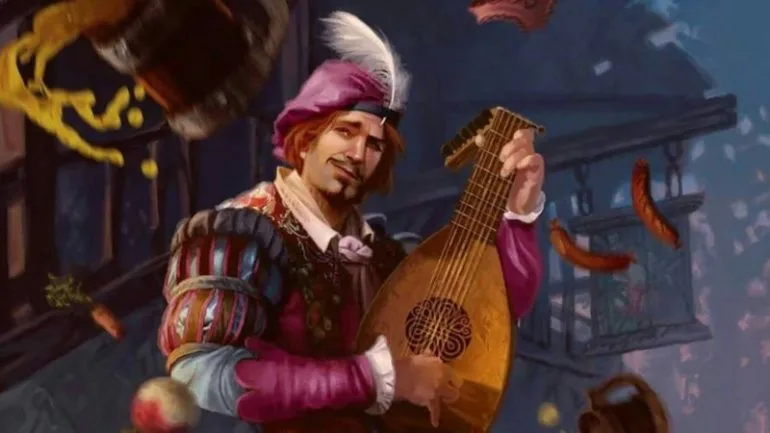
College of Lore (PHB)
Theme: A clever entertainer, so skilled in both abilities and magic that they can easily distract enemies with their cutting words.
Game Mechanic: Gain more ability skills and learn extra spells from any class. Able to reduce enemy attack, damage or ability rolls as a reaction.
Play-Style: You enjoy versatility in all manners of role-playing and spell selection.

College of Swords (XGtE)
Theme: A hard hitting, agile performer equipped with a number of blade flourish abilities up their sleeves.
Game Mechanic: Diverse sword abilities, increased attack damage and focused fighting style.
Play-Style: You want to be versatile but focused on your own damage output.
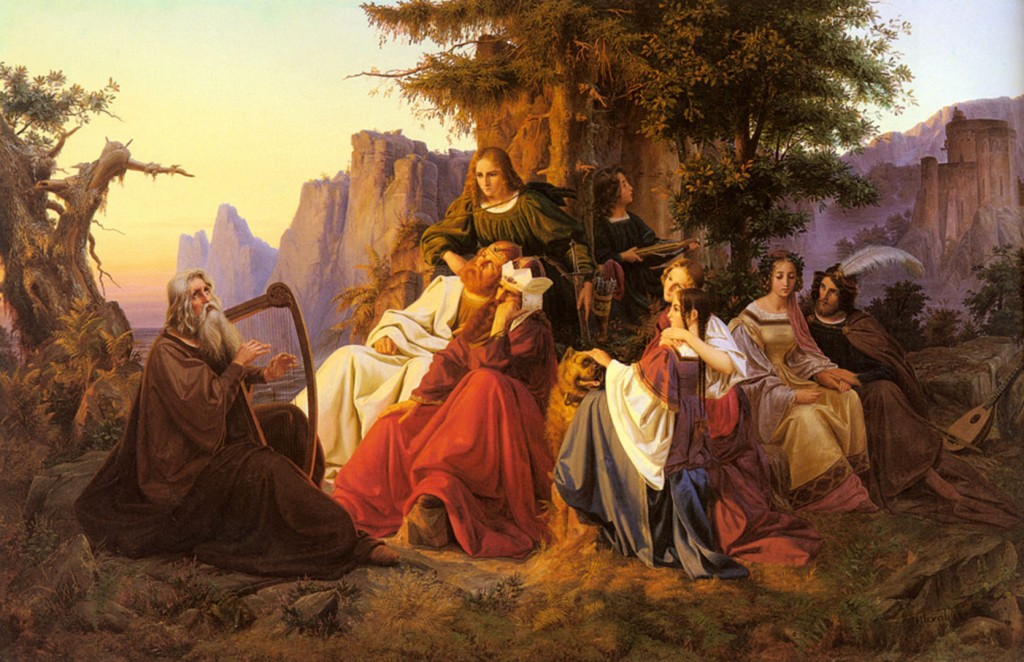
College of Valor (PHB)
Theme: Combat focused entertainer, able to help allies deal more damage while deflecting incoming attacks.
Game Mechanic: Inspire others to deal extra damage in the midst of combat or provide extra protection from incoming attacks. Able to wield medium armour and shields.
Play-Style: You’re a spell caster who enjoys dealing weapon damage while simultaneously making your allies hit hard AND harder to hit.

College of Whispers (XGtE)
Theme: A sly master of secrets, able to damage the minds of their enemies and take the form of their prey.
Game Mechanic: Paranoia inducing psychic attacker, able to temporarily become the shadows of their victims.
Play-Style: You want to manipulate your enemies into giving you more information, even if it kills them.

College of Eloquence (MOT)
Theme: Word weavers with wondrous ways to wrought their wishes with will alone.
Game Mechanics: You start with the ability to ensure Persuasion and Deception checks are never below 10, and you can make a target’s next saving throw suffer a penalty. Later on, your bardic inspiration dies are not lost if the rolls fail. You also gain the ability to ensure any target can magically understand you, making sure no one can escape your masterful words. At the highest level, you can allow an ally to use their reaction to attack if another ally uses your bardic inspiration.
Play-style: You have fun talking your way through situations and love the power that word and speech have. You also probably love the Jedi mind trick above all else.
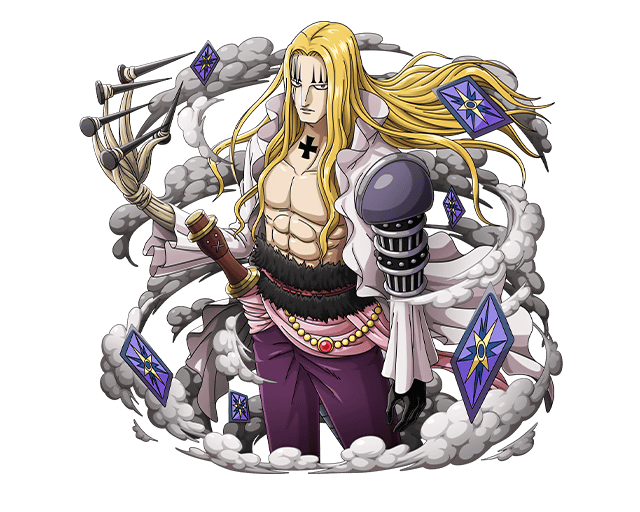
College of Spirits
Theme: True diviners and spiritual vessels, these bards draw on mystical storytelling to cast magic and wonder.
Game Mechanics: Start off with guidance cantrip that can be used at range of 60ft (+1d4 to ability check). Your spellcasting focus can be spiritual themed, like a crystal ball, tarokka deck, candle, or skull. At mid level, using the focus to heal or damage adds a d6. You also start off with the ability to magically tell tales that can target allies or enemies and do various effects, like dealing damage, teleportation, temporary hp, and more. At mid level, you can conduct a ritual which allows you to choose a divination or necromancy spell from any class, with some restrictions based on your level of spellcasting ability. At the top level, you are more able to control the magical tales with varying effects.
Play-style: You like wild-magic, but don’t want to be a sorcerer. You want to play a character who likes to tell tales that have magical and physical effects on the world.

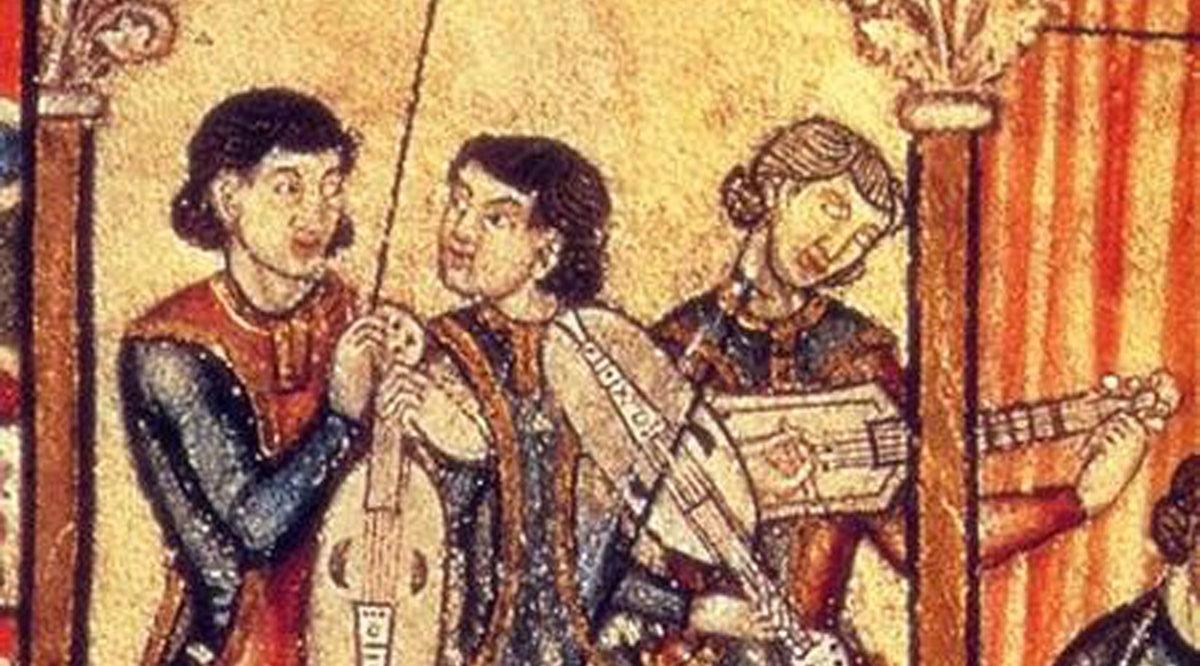
Very nice article, exactly what I needed.
LikeLike